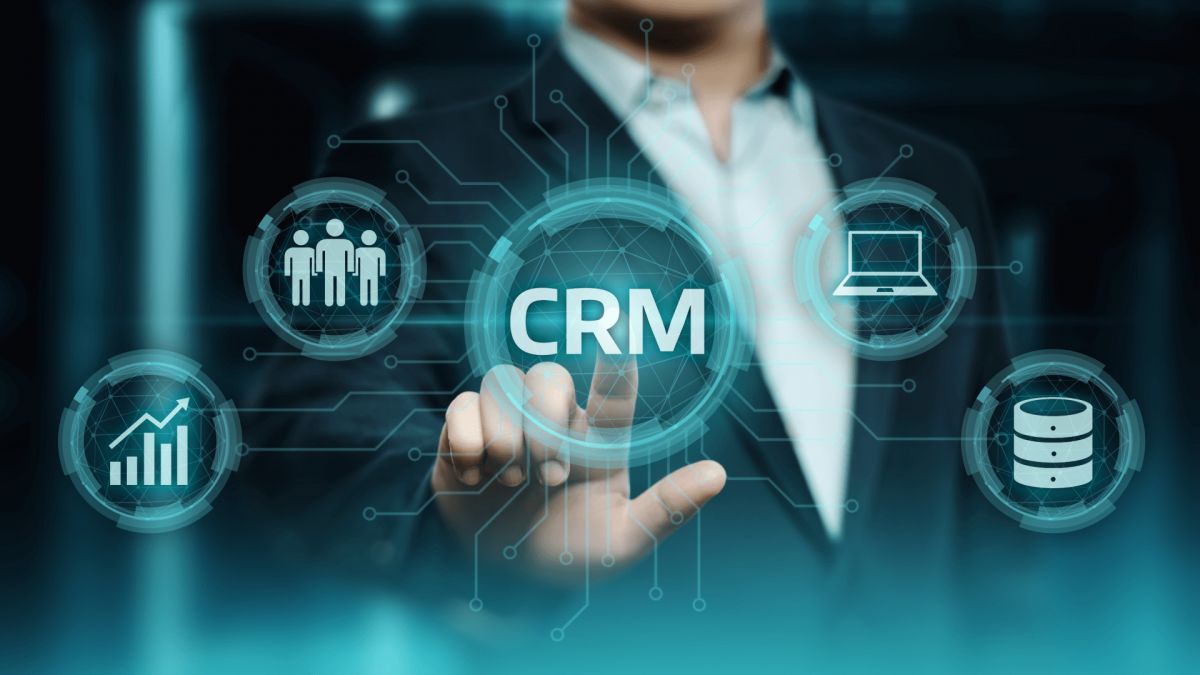In today’s competitive business landscape, effective communication with customers is crucial for success. One of the most powerful strategies to enhance customer engagement and streamline communication is integrating Customer Relationship Management (CRM) systems with email marketing. This combination offers numerous benefits that can help businesses optimize their marketing efforts, improve customer relationships, and drive sales. In this blog, we’ll explore the key advantages of integrating CRM with email marketing.

1. Personalized Communication
Tailored Messaging
Integrating CRM with email marketing allows businesses to send highly personalized emails based on customer data stored in the CRM system. This includes information such as purchase history, preferences, and demographics. By utilizing this data, marketers can create tailored messaging that resonates with each individual recipient.
Enhanced Customer Experience
Personalized communication leads to a better customer experience. When customers receive relevant offers or content based on their interests, they are more likely to engage with the email, leading to higher open and click-through rates.
2. Segmentation and Targeting
Targeted Campaigns
CRMs store valuable customer data that can be used to segment your audience effectively. Businesses can create specific groups based on various criteria, such as purchase behavior, location, or engagement level. This segmentation allows for targeted email campaigns that are more relevant to each group.
Improved Conversion Rates
When emails are targeted to specific segments, the likelihood of conversion increases. Tailored offers and promotions resonate more with recipients, leading to higher sales and improved return on investment (ROI).
3. Automation and Efficiency
Streamlined Workflows
Integrating CRM with email marketing automates various processes, reducing manual effort and time. For instance, businesses can set up automated emails triggered by specific actions, such as welcome emails for new subscribers or follow-ups after a purchase.
Increased Productivity
Automation frees up time for marketers to focus on strategic tasks rather than repetitive manual work. This increased efficiency allows teams to optimize their campaigns and develop new strategies to engage customers.
4. Better Analytics and Reporting
Comprehensive Insights
Integrating CRM with email marketing provides comprehensive analytics that combines customer interactions with email performance data. This integration allows businesses to track metrics such as open rates, click-through rates, and conversion rates alongside customer engagement data.
Informed Decision-Making
Access to detailed analytics enables marketers to make data-driven decisions. By understanding which campaigns are most effective and how customers are engaging with content, businesses can refine their strategies for better results.
5. Improved Lead Management
Nurturing Leads
A CRM system helps businesses track leads and manage them through the sales funnel. When integrated with email marketing, companies can send targeted emails to nurture leads, providing them with the information they need to make a purchase decision.
Enhanced Follow-Up
With CRM integration, marketers can set up follow-up emails based on lead behavior. For example, if a lead downloads a whitepaper, they can receive a follow-up email offering a consultation or additional resources, further nurturing the relationship.
6. Strengthened Customer Relationships
Consistent Communication
Integrating CRM with email marketing ensures consistent communication with customers. Businesses can schedule regular emails, such as newsletters or updates, keeping customers informed and engaged with the brand.
Building Loyalty
By providing valuable content and personalized offers, businesses can strengthen customer relationships and build loyalty. Engaged customers are more likely to become repeat buyers and advocates for the brand.
7. Enhanced Customer Retention
Proactive Engagement
With CRM integration, businesses can proactively engage with customers at critical points in their journey. For example, businesses can send re-engagement emails to customers who haven’t made a purchase in a while, reminding them of the value the brand provides.
Feedback and Surveys
Email marketing integrated with CRM can facilitate feedback collection. Sending surveys or asking for reviews can help businesses understand customer satisfaction and areas for improvement, leading to better retention strategies.
Conclusion
Integrating CRM with email marketing offers numerous benefits that can enhance customer engagement, streamline marketing efforts, and drive sales. From personalized communication and targeted campaigns to improved analytics and customer retention, the synergy between these two powerful tools can significantly impact a business’s success. By leveraging the strengths of both CRM and email marketing, companies can create a more effective and efficient marketing strategy that not only attracts new customers but also nurtures and retains existing ones. In a world where customer relationships are key to success, integrating these systems is no longer just an option—it’s a necessity.


No responses yet